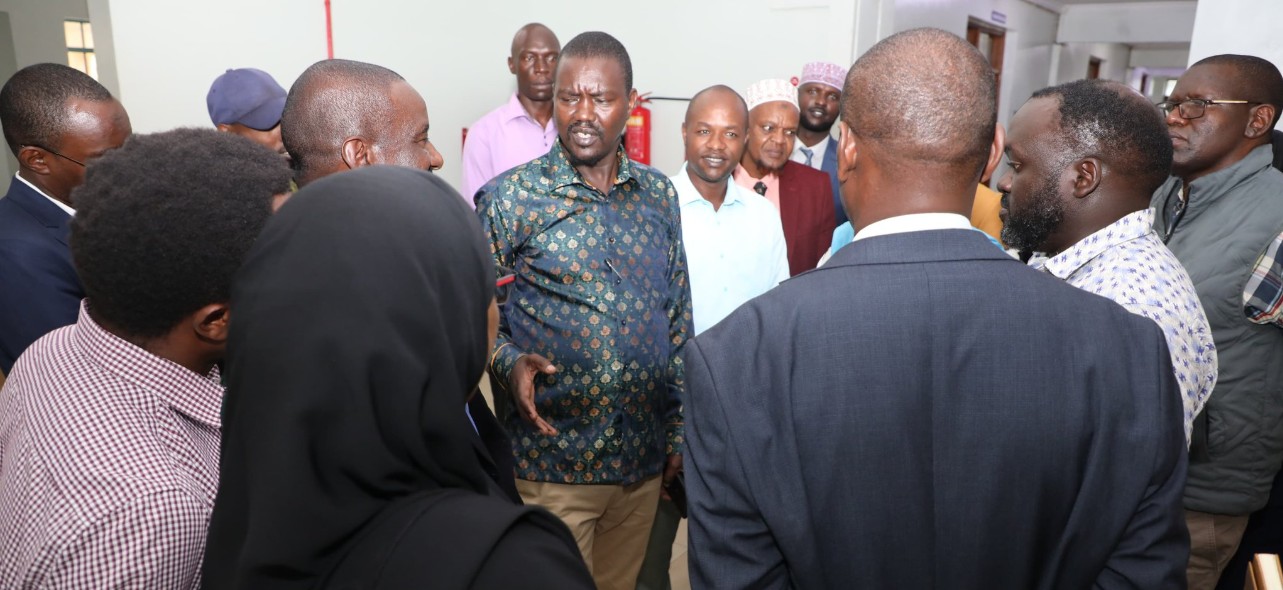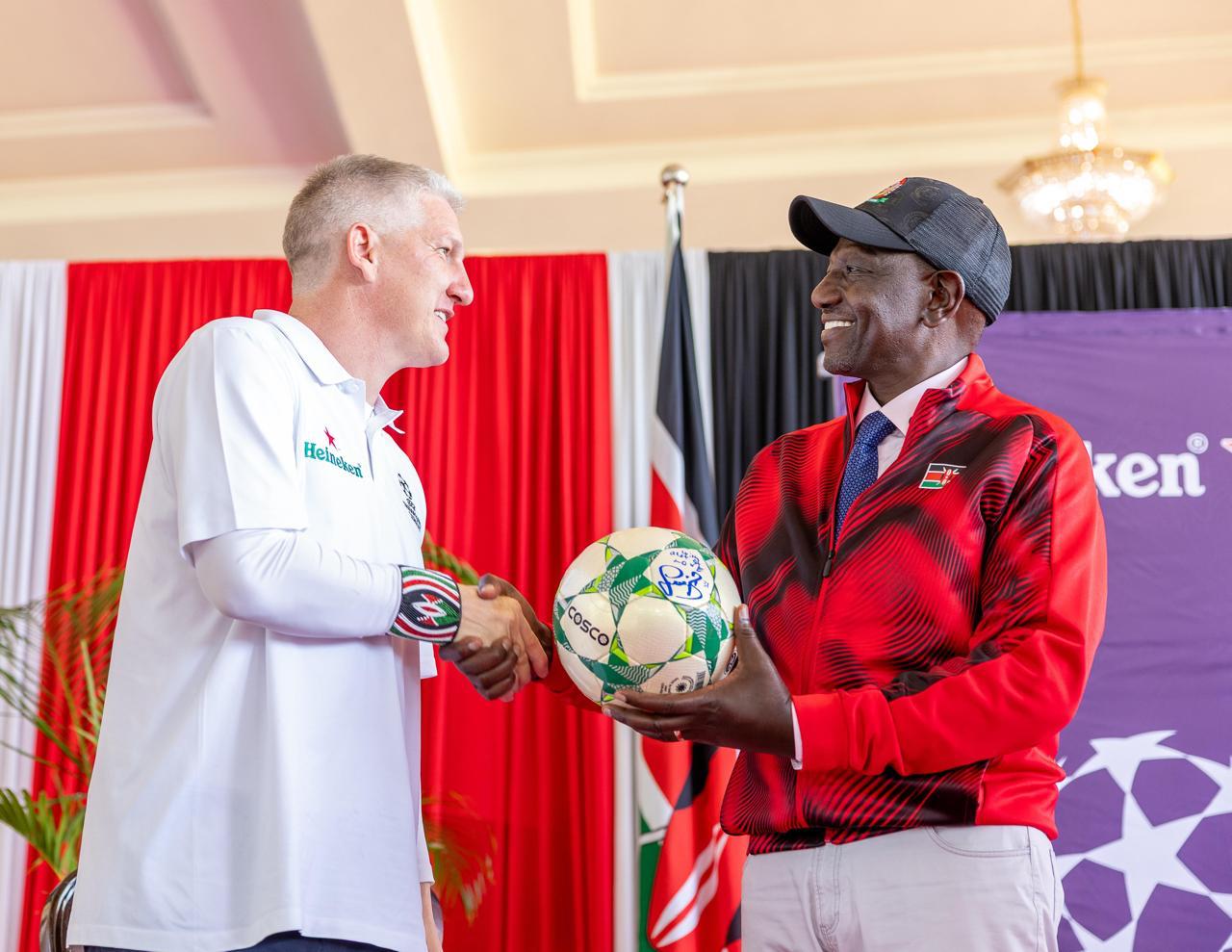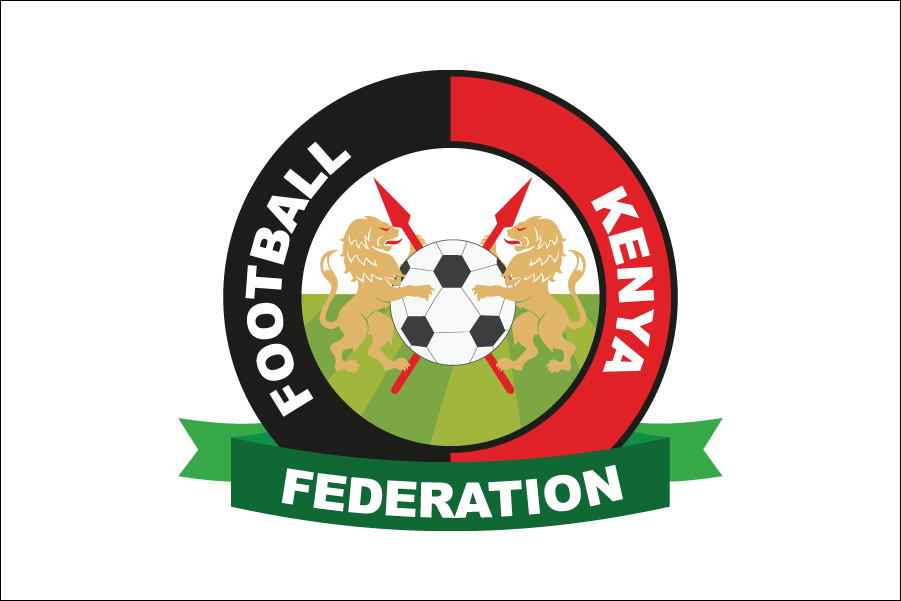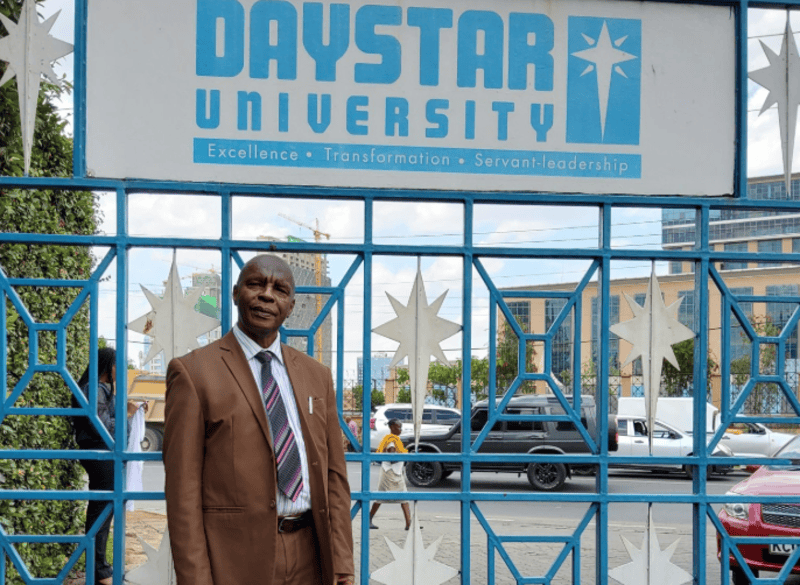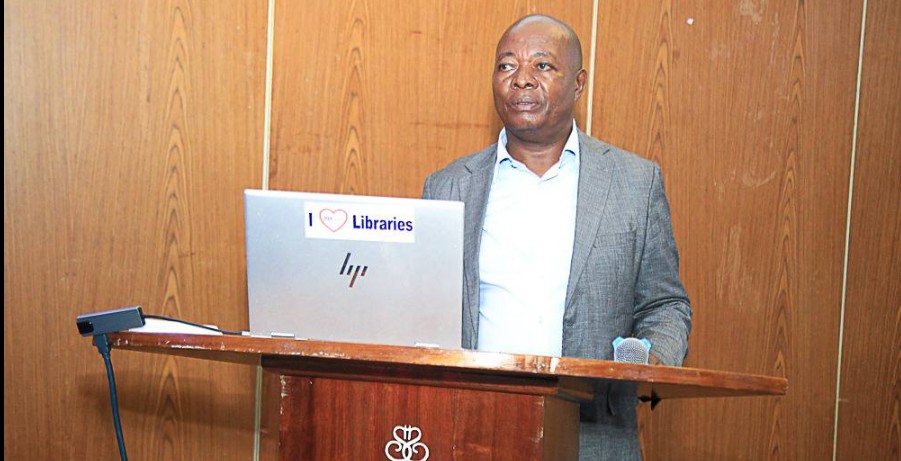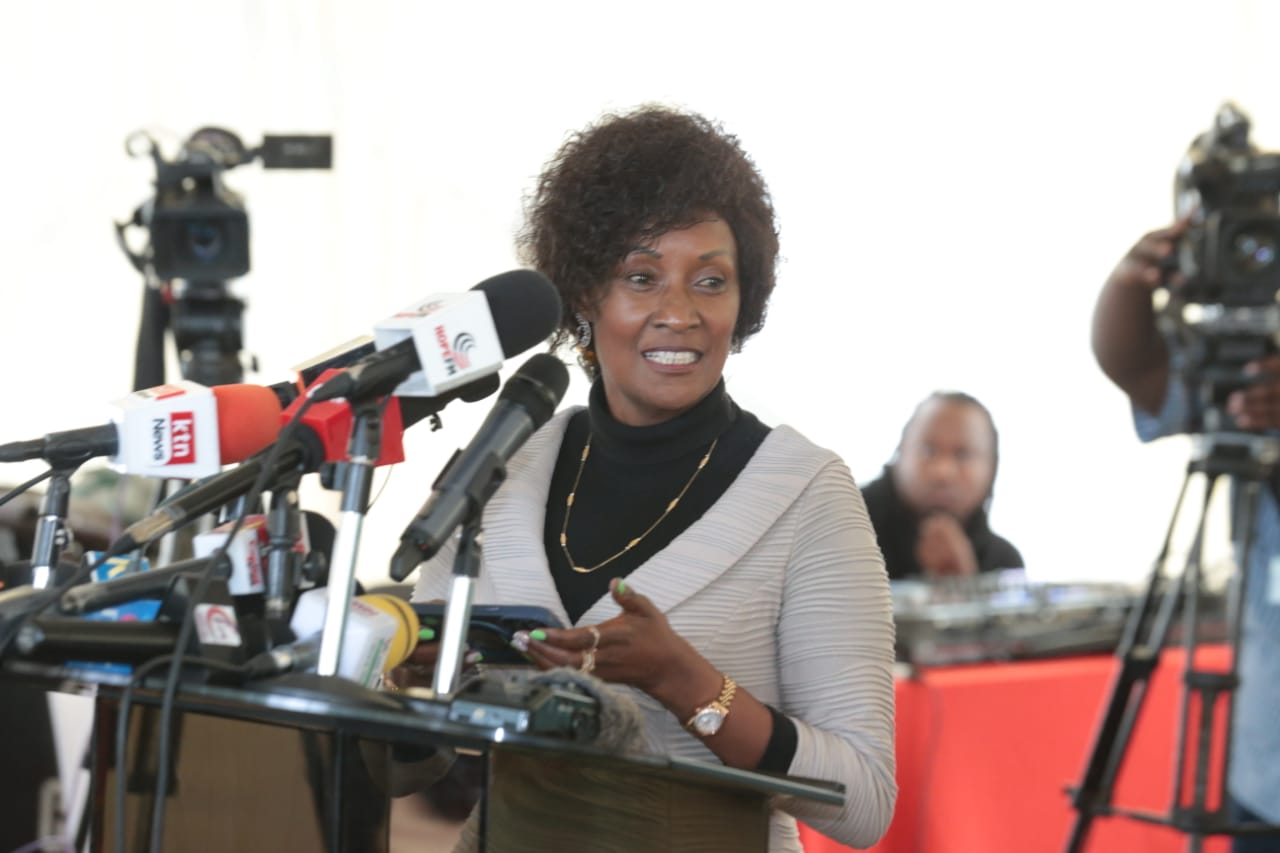Trapped by borders: Migrant mothers face health inequities amid Kenya's healthcare reforms
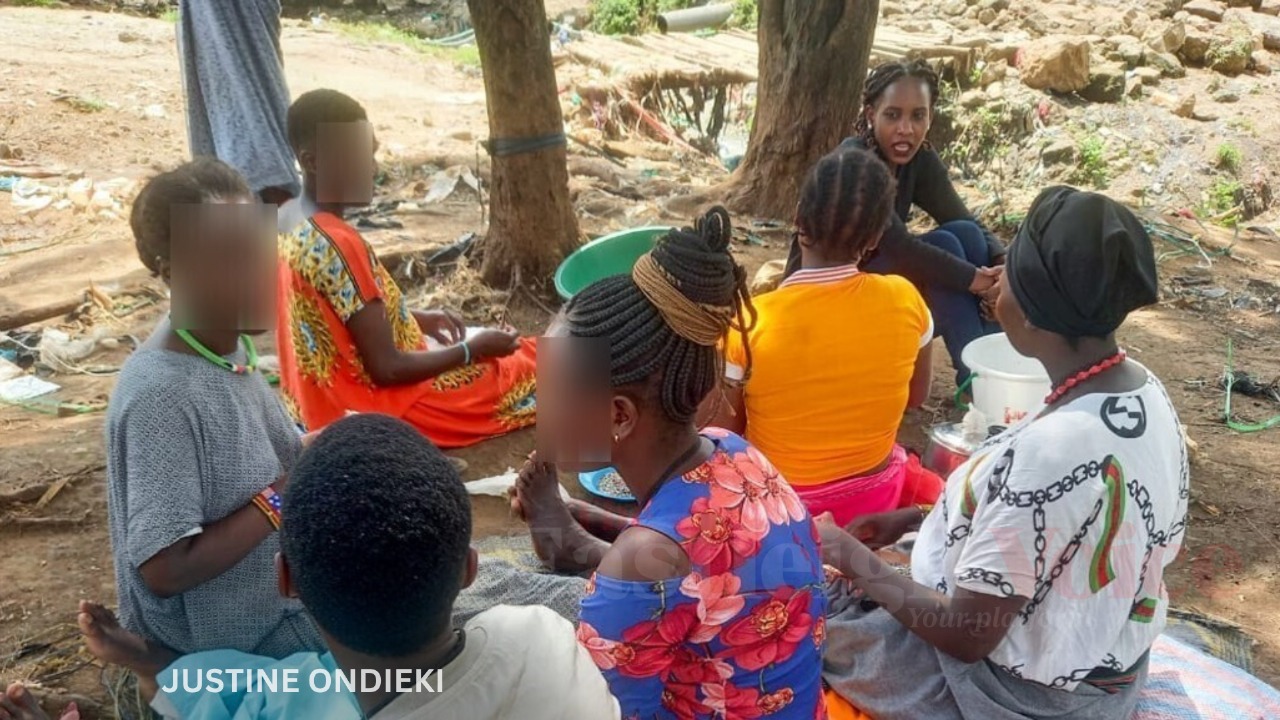
The reality of young people seeking better opportunities is a challenge many countries are facing, with individuals of different nationalities coming in and out. Some transition legally, while others attempt to enter without proper documentation, often due to a lack of funds.
Esther Aleper, a 27-year-old mother of a two-month-old baby from Uganda, now residing in Majengo slum in Nairobi, Kenya, faces a harsh reality of health inequalities that are becoming more apparent with each passing day.
Having moved to Kenya in search of a better future, Aleper’s hopes are being overshadowed by the financial burdens placed on her by the new healthcare reforms. These reforms have forced her to either pay out-of-pocket for treatment or forgo necessary medical care. Her primary concern now is the well-being of her baby.
More To Read
- MPs, state officials could be forced to use public hospitals under proposed healthcare reforms
- Alone in the fight: Nairobi mother shares breast cancer battle after husband walks away
- TSC: Over 360,000 teachers face healthcare uncertainty as SHA declines onboarding
- Duale appoints advisory panel to guide SHA on benefits, tariffs
“When we go to the hospital, they ask for a Kenyan ID, which I don’t have, nor the money to acquire the proper documentation. Without that, I can’t get treatment,” Aleper explains.
Struggling to communicate in Kiswahili or English and relying solely on her native Karamojong language, she often finds herself unable to express her needs to doctors.
This language barrier, compounded by the fear of not being understood, makes an already stressful situation even harder to navigate. The anxiety of being unable to advocate for herself or her baby adds to the weight of her daily struggles.
“The next hospital visit is when my baby turns five months for vaccinations. The last time I went to one of the facilities, I was turned away. Since I don’t have an ID, I’ll just wait. If they come door-to-door for vaccinations, I’ll give my child the vaccine, but if not, then that’s how it will be.”
Aleper is no stranger to immunisation, having raised three older children back in her home country.
However, she finds it perplexing that the vaccination process seems so much more complicated in Kenya compared to other countries.
The frequent vaccines, which she doesn’t fully understand the importance of beyond the usual ones, only add to her worry. But she’s too afraid to ask questions—too afraid of being misunderstood or judged.
Isolation and uncertainty
The weight of being a foreigner in a country where she feels disconnected from the system only deepens her sense of isolation and uncertainty. She longs for answers but is held back by the fear of speaking up.
Sandra Achila, another foreign resident, shares similar experiences.
She points out that the language barrier is a significant obstacle when mothers take their children to the hospital.
Many immigrant mothers, especially those who are unfamiliar with Kiswahili or English, struggle to understand the requirements, which often leads to fear and reluctance to seek medical attention.
“I have many friends who don’t vaccinate their children because they’re afraid that their children’s hands will swell or that there will be adverse effects, but they don’t know how to ask the nurses or community health promoters to explain the risks and benefits. So, they just avoid immunisation altogether,” Achila explains.
Fear of deportation
She also highlights the fear of deportation among foreign nationals, which discourages many from disclosing their identity to health providers. This fear often leads them to avoid public hospitals, relying instead on private care or forgoing medical treatment altogether, especially since many do not have a stable income to cover medical costs.
“When you go to the facilities, you hear about programmes like SHA, but because we don’t have proper identification, we can’t register for them. Some mothers arrive in the country while pregnant, with nothing on them. Once they give birth, they just stay at home because of the requirements,” Achila says.
For mothers who understand the importance of immunisation, they often depend on community health promoters who walk through neighbourhoods to administer vaccines.
However, even this system is not perfect, and some mothers miss out on important vaccines for their children, other than polio, during outbreaks and vaccination drives.
The lack of proper documentation often leads to missed opportunities for vaccinations, leaving children vulnerable.
Kavita, a community health promoter in Nairobi, observes that many immigrants living in informal settlements avoid vaccination, unknowingly putting their health and the health of others at risk. She faces significant challenges due to deep-rooted misconceptions and fears about vaccines, which hinder both her efforts and those of her fellow health promoters.
She notices that many people are fearful when a healthcare provider knocks at their door, despite repeated assurances of their protection and that refusing the vaccine puts the entire community at risk.
“We encounter people from various backgrounds. Some have never experienced mandatory vaccinations, which makes them suspicious of something unfamiliar.”
The lack of understanding about the benefits of vaccines often leads to hesitancy and resistance.
Kavita notes that on several occasions, she and her team have visited homes only to be met with refusals from mothers who feel the need to consult with their husbands first, as they don’t fully understand the vaccines.
In such cases, local authorities like chiefs and community leaders are often brought in to help persuade families to reconsider their choice. However, this approach is mostly effective during outbreaks of diseases like polio. On regular days, some families remain hesitant to accept the vaccine, and some don’t even take their children to the hospital when they’re sick.
Fear of deportation
Kavita also notes that some migrants are so fearful of seeking medical help that they worry about being deported. This fear makes them hesitant to vaccinate their children, adding another layer of complexity to the situation.
“I’ve met parents whose children have never received even the initial vaccines given at birth, driven by suspicion or the belief that vaccines are harmful. With so many unvaccinated children, the community remains at risk,” she says.
She says that while they continue to work towards improving understanding and reaching all communities, including migrants, the language barrier still presents a major challenge to effective communication.
Many of the migrants don’t speak Kiswahili or English and are more comfortable with their native language, which makes it harder to offer solutions. Nevertheless, the ongoing lack of awareness continues to jeopardise the community’s safety. For example, in the case of polio, even if just one person remains unvaccinated, the entire community is at risk.
The reality of young people seeking better opportunities is a challenge many countries are facing, with individuals of different nationalities coming in and out. Some transition legally, while others attempt to enter without proper documentation, often due to a lack of funds.
This lack of documentation, especially among those who sneak into the country, continues to put many lives at risk, including women who arrive pregnant.
Last week, the world marked World Immunisation Week. The goal was to ensure that more people, and their communities, are protected from vaccine-preventable diseases.
This year’s theme, “Immunisation for all is humanly possible”, emphasises the importance of universal vaccine access.
Vaccines have already saved at least 154 million lives – an impressive achievement, equating to six lives saved every minute, every day, for the past five decades.
However, without addressing the issues preventing people from getting immunised, many children will continue to go without vaccines, burdening the healthcare system and putting the lives of immigrants and the community at large at risk.
Access to vaccines, both within and across borders, is essential to protecting global health, particularly for vulnerable young people.
Earlier this year, Kenya and Uganda launched cross-border vaccination campaigns, with a particular focus on polio, to protect children in border areas.
Top Stories Today

